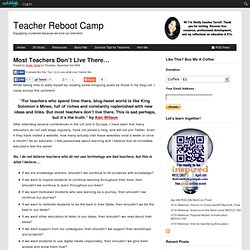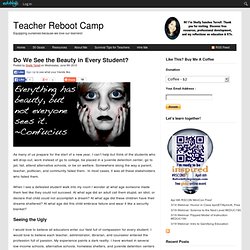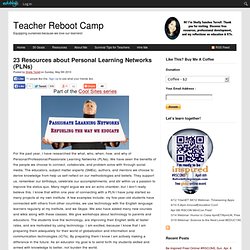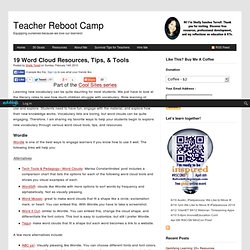

FrontPage. Vocabulary 2.0: 15 Tips, Tools, & Resources. Posted by Shelly Terrell on Saturday, February 20th 2010 Part of the Cool Sites series In every subject students must acquire new vocabulary, which is often taught through rote memorization. How do we engage learners to engage with new vocabulary? In a previous post I shared with you 12 word cloud resources . Now, I want to share how I make vocabulary engaging by using various websites in conjunction with the word cloud tool, Tagul . Tagul Video Tutorial With Tagul you can: create a word cloud by pasting in text or from a url. choose to have your word in a variety of shapes such as a heart, star, rectangle, or cloud. choose which specific website you would like to draw your links from for each of your tags. The following video tutorial will show you the process. Lesson Example This is a Tagul word cloud I used to help my students learn about the Winter Olympics.
Vocabulary Resources You can use a variety of websites to help your students define words aside from typical dictionaries. Challenge: Most Teachers Don’t Live There… Posted by Shelly Terrell on Thursday, December 3rd 2009 While taking time to edify myself by reading some intriguing posts by those in my blog roll, I came across this comment: “For teachers who spend time there, blog-tweet world is like King Solomon’s Mines, full of riches and constantly replenished with new ideas and links.

But most teachers don’t live there. This is sad perhaps, but it’s the truth.” by Ken Wilson After attending several conferences in the US and in Europe, I have seen that many educators do not visit blogs regularly, have not joined a ning, and will not join Twitter. Free E-books and Resources for Your Summer Reading! Do We See the Beauty in Every Student? Posted by Shelly Terrell on Wednesday, June 9th 2010 As many of us prepare for the start of a new year, I can’t help but think of the students who will drop-out, work instead of go to college, be placed in a juvenile detention center, go to jail, fail, attend alternative schools, or be on welfare.

Somewhere along the way a parent, teacher, politician, and community failed them. In most cases, it was all these stakeholders who failed them. When I see a defeated student walk into my room I wonder at what age someone made them feel like they could not succeed. At what age did an adult call them stupid, an idiot, or declare that child could not accomplish a dream? Seeing the Ugly I would love to believe all educators enter our field full of compassion for every student. Everything has beauty, but not everyone sees it. ~ Confucius How many students walk into a class and are labeled as trouble or bad? The Reality Consider the drop-out rate in your country. Challenge: 23 Resources about Personal Learning Networks (PLNs)
Part of the Cool Sites series For the past year, I have researched the what, who, when, how, and why of Personal/Professional/Passionate Learning Networks (PLNs).

We have seen the benefits of the people we choose to connect, collaborate, and problem solve with through social media. The educators, subject matter experts (SMEs), authors, and mentors we choose to derive knowledge from help us self-reflect on our methodologies and beliefs. They support us, remember our birthdays, celebrate our accomplishments, and stir within us a passion to improve the status quo.
Many might argue we are an echo chamber, but I don’t really believe this. A community raises a child! Below are several resources I have collected about the history of PLNs, how to build a PLN, and the tools needed to build a PLN. We Connect Wiki- This wiki is full of videos, Wallwishers, Wikipedia articles, and more that help educators find the resources to build a PLN. Why Do We Connect? How To Build Your PLN Using Twitter. 19 Word Cloud Resources, Tips, & Tools.
Posted by Shelly Terrell on Sunday, February 14th 2010 Part of the Cool Sites series Learning new vocabulary can be quite daunting for most students.

We just have to look at the literacy rates to see how much children struggle with vocabulary. Rote learning of vocabulary does not really work. Experience has taught me students remember what they use and explore. Wordle Wordle is one of the best ways to engage learners if you know how to use it well. Alternatives Tech Tools & Pedagogy– Word Clouds- Marisa Constantinides’ post includes a comparison chart that lists the options for each of the following word cloud tools and shows you visual examples of each.
A few more alternatives include: ABC ya! Effective Mobile Learning: 50+ Tips & Resources Ebook.